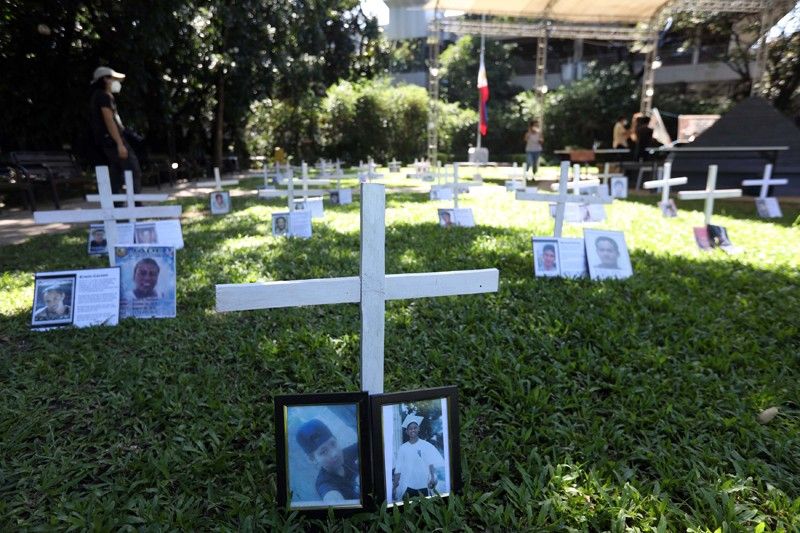Philippines urges UN rights body: Respect state sovereignty

MANILA, Philippines — Opposing the “politically motivated” use of human rights, the Philippines called on the United Nations Human Rights Council (HRC) to observe the highest standards of balance, fairness, inclusivity and full respect for the sovereignty of member states.
In his address to the General Assembly during the presentation of the report of the HRC by president Nazhat Shameem Khan recently, Ambassador Enrique Manalo stressed the Philippines’ opposition to politically motivated use of human rights, and noted that “Country-specific resolutions that do not have the support of the State concerned stand little chance of making a meaningful difference on the ground, and are therefore a waste of resources.”
He expressed regret that program budget implications for country-specific resolutions go mostly to salaries and travels, and barely have provisions for actual projects that benefit concerned communities.
Manalo urged for a review of the structure of the budget for technical cooperation to ensure that it is fit for generating concrete and positive change on the ground.
He emphasized that the HRC must observe the highest standards of balance, fairness and objectivity in its discourse, and must conduct its work in the spirit of inclusivity, and with full respect for the sovereignty and the national processes of member states.
The ambassador referred to the Philippines-UN Joint Program on Human Rights, which was signed on July 22, 2021, and described it as “a result of genuine cooperation and a model for constructive engagement on human rights between a Member State and the UN.”
He said that the joint program is a cohesive and inclusive technical cooperation framework that brings together all the relevant stakeholders around projects on accountability and the rule of law.
Manalo noted the crucial and central role of the UN Resident Coordinator in bringing together various UN agencies in the country while highlighting that “the UN now has one voice, one strategy, one budget in the Philippines.”
In June 2020, the Philippines came under scrutiny when the UN Human Rights Council convened in Geneva. UN High Commissioner for Human Rights Michelle Bachelet gave the stark findings of her office’s report on the Philippines, which the council requested last year. She described widespread abuses against drug suspects, political activists, indigenous peoples, among others.
UN human rights experts are extremely concerned over the high number of killings in the Philippines carried out across the country.
The experts have recorded a staggering number of unlawful deaths and police killings in the context of the bloody “war on drugs,” as well as killings of human rights defenders.
They said very few independent and effective investigations have taken place, independent media and journalists are threatened, the law has been weaponized to undermine press freedom, and the independence of the judiciary is undermined.
In the past years, they repeatedly brought to the attention of the Philippine government cases alleging a range of gross human rights violations, such as extrajudicial, summary or arbitrary executions, including of children, persons with disabilities, indigenous peoples, trade union and land right activists.
- Latest
- Trending































